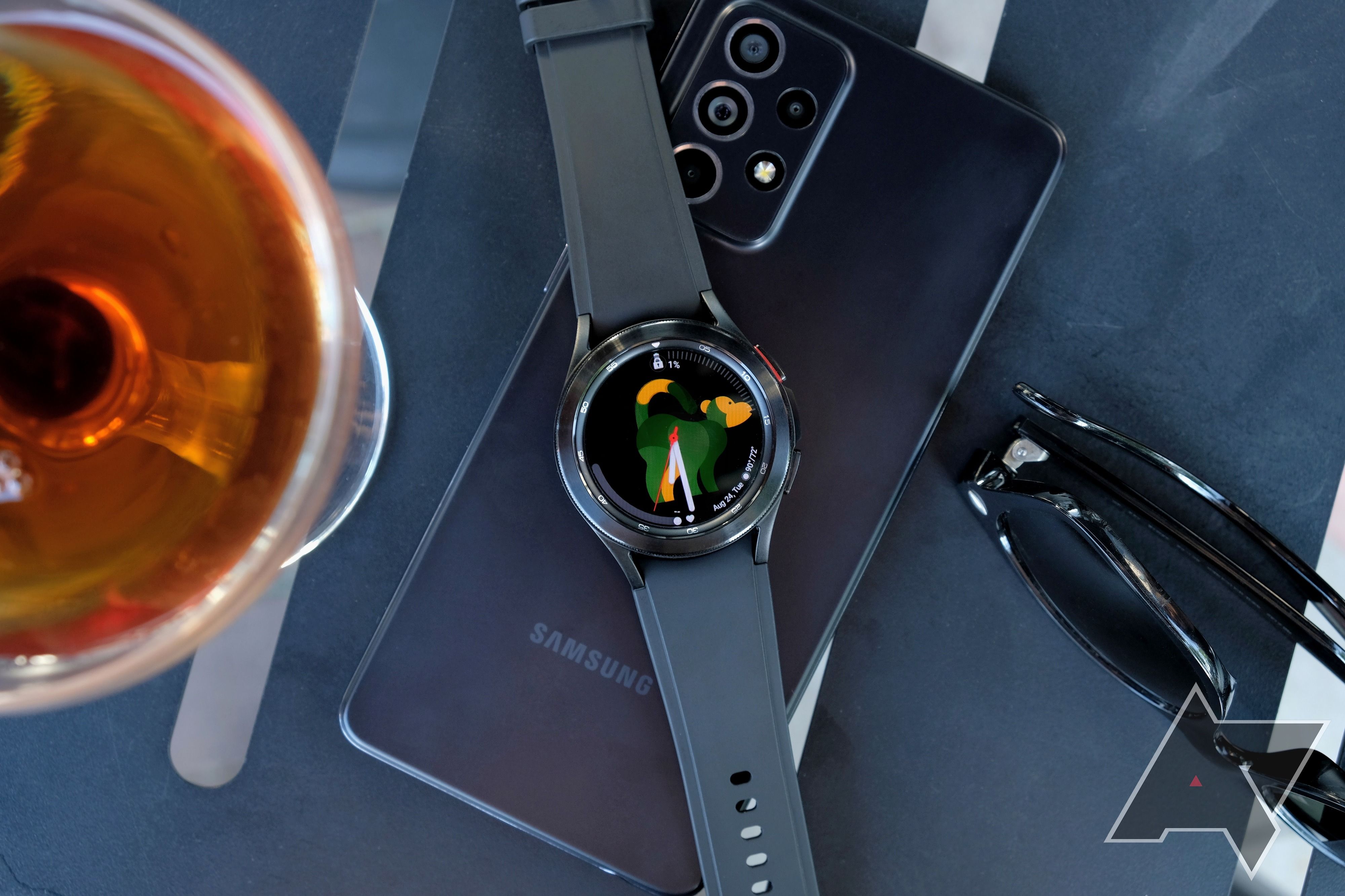Smartwatches have really been coming into their own over the past few years, shedding their glorified pedometer-with-apps image and evolving into feature-rich health trackers. Everybody wants to deliver actionable health data whether that means detecting atrial fibrillation or monitoring blood oxygen content. Samsung packs a lot of sensors into its Galaxy Watch4 and recently published the results of a study demonstrating the smartwatch's efficacy at detecting symptoms of obstructive sleep apnea (OSA).
In a study conducted by Samsung Medical Center and Samsung Electronics staffers, the Galaxy Watch4 was used to monitor the blood oxygen levels of 97 adults with sleep disturbances. The researchers measured each subject’s SpO2 (peripheral oxygen saturation) level with the Galaxy Watch and conventional medical equipment simultaneously. Specifically, they compared the former's oxygen desaturation index measurement to the latter’s apnea-hypopnea index.
The study’s results published in the National Sleep Foundation’s Sleep Health Journal (via SamMobile) conclude that Samsung’s smartwatch and its accurate sensor could be a low-cost substitute for traditional tools used to diagnose OSA. The sleep disorder is fairly common, with up to 50 percent of middle-aged men and 25 percent middle-aged women exhibiting moderate to severe symptoms. In general, 38 percent of adults suffer from OSA.
Samsung’s experiment essentially pitted the Galaxy Watch4’s reflectance pulse oximeter's accuracy against that of a medical-grade transmittance pulse oximeter. The former’s sensor comprises eight photodiodes sensitive to changes in reflected light. The sensor maintains contact with the wearer’s skin and takes readings 25 times per second. Despite the use of seemingly advanced technology, the researchers had to reject 26.5 percent of the gathered data due to "fluctuations in contact pressure," a situation that reminds us of some of our own issues with the Watch.
All this sounds pretty good for Samsung, and measurements can reportedly further be improved by tweaking the algorithm. Although that’s another feather in the Galaxy Watch4’s cap, its successor — the Galaxy Watch5 — isn’t likely to get a body temperature sensor as anticipated. And just as a word of advice, for as useful as tools like this can be, we strongly advise checking in with your doctor for any serious medical concerns — even the best smartwatch can only go so far.

